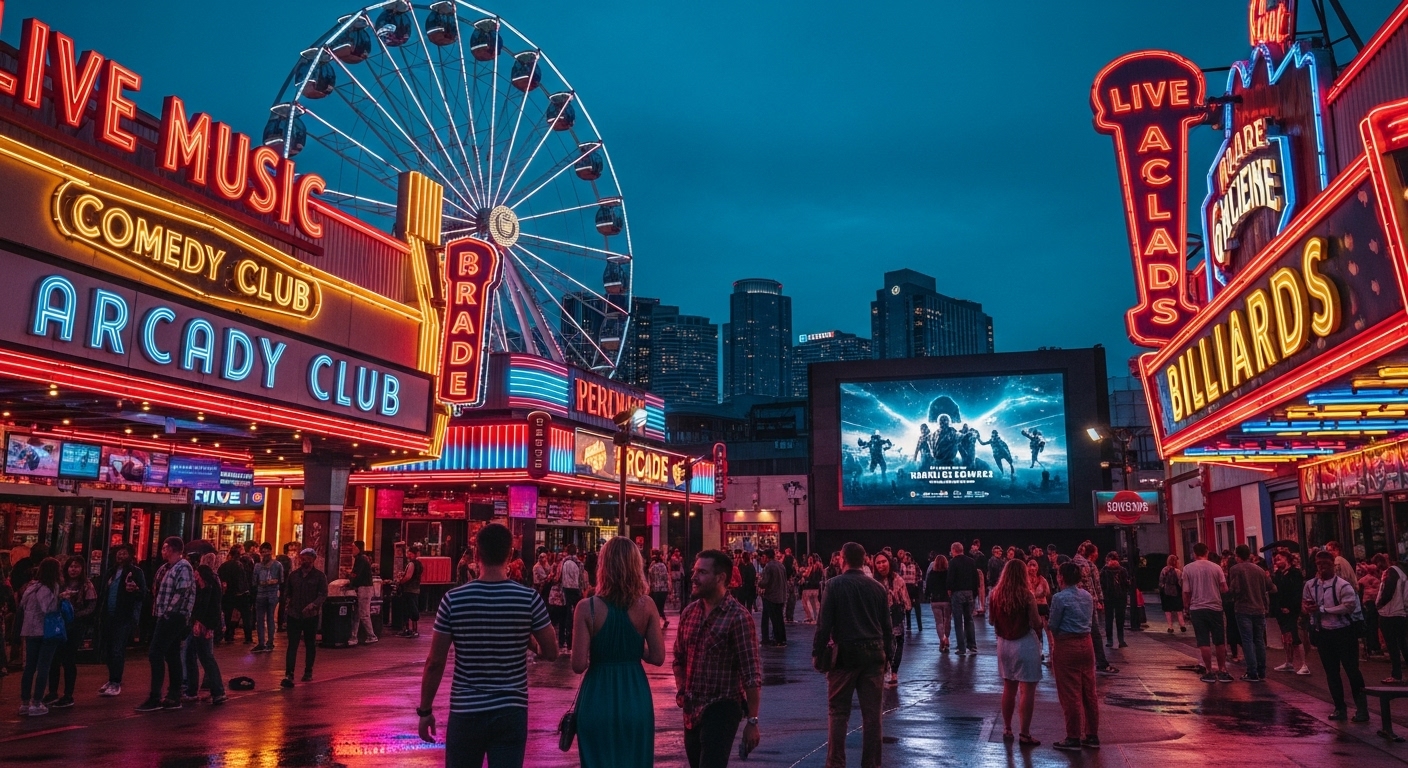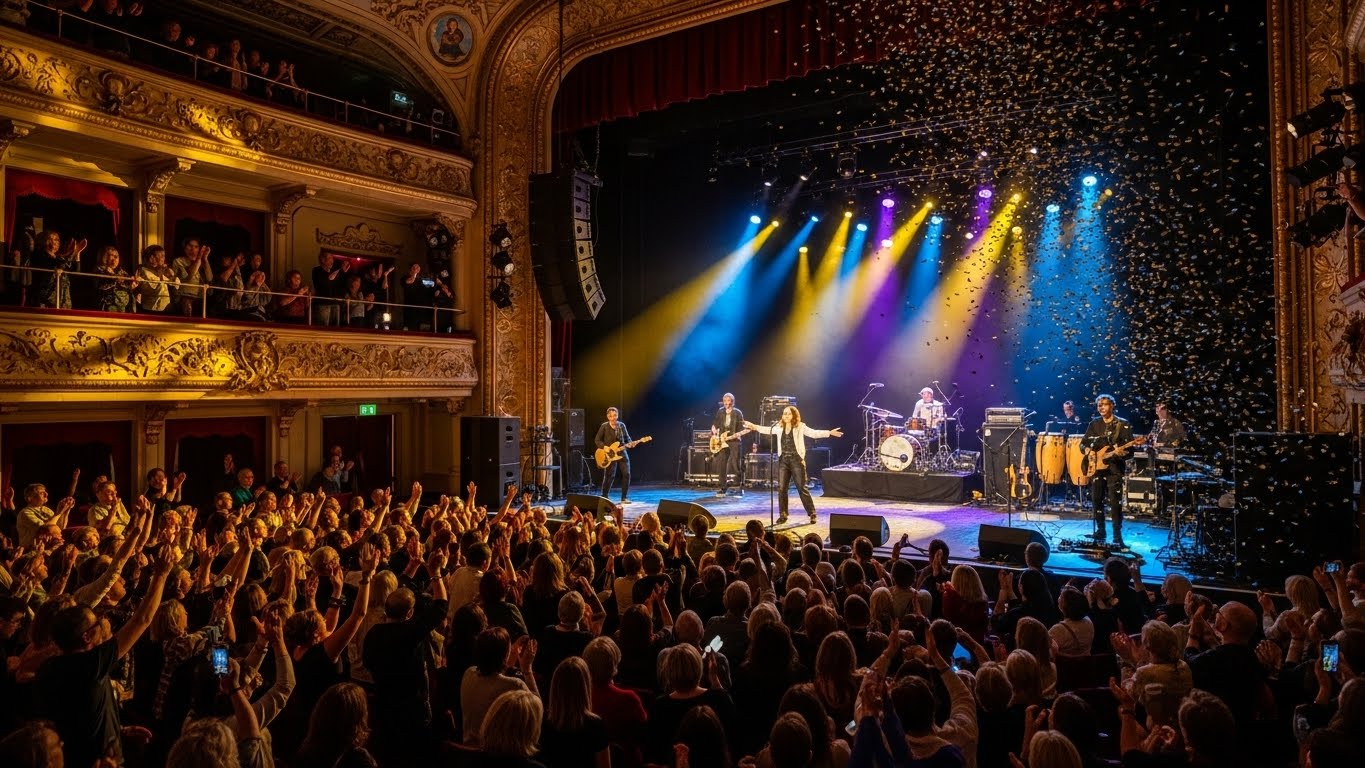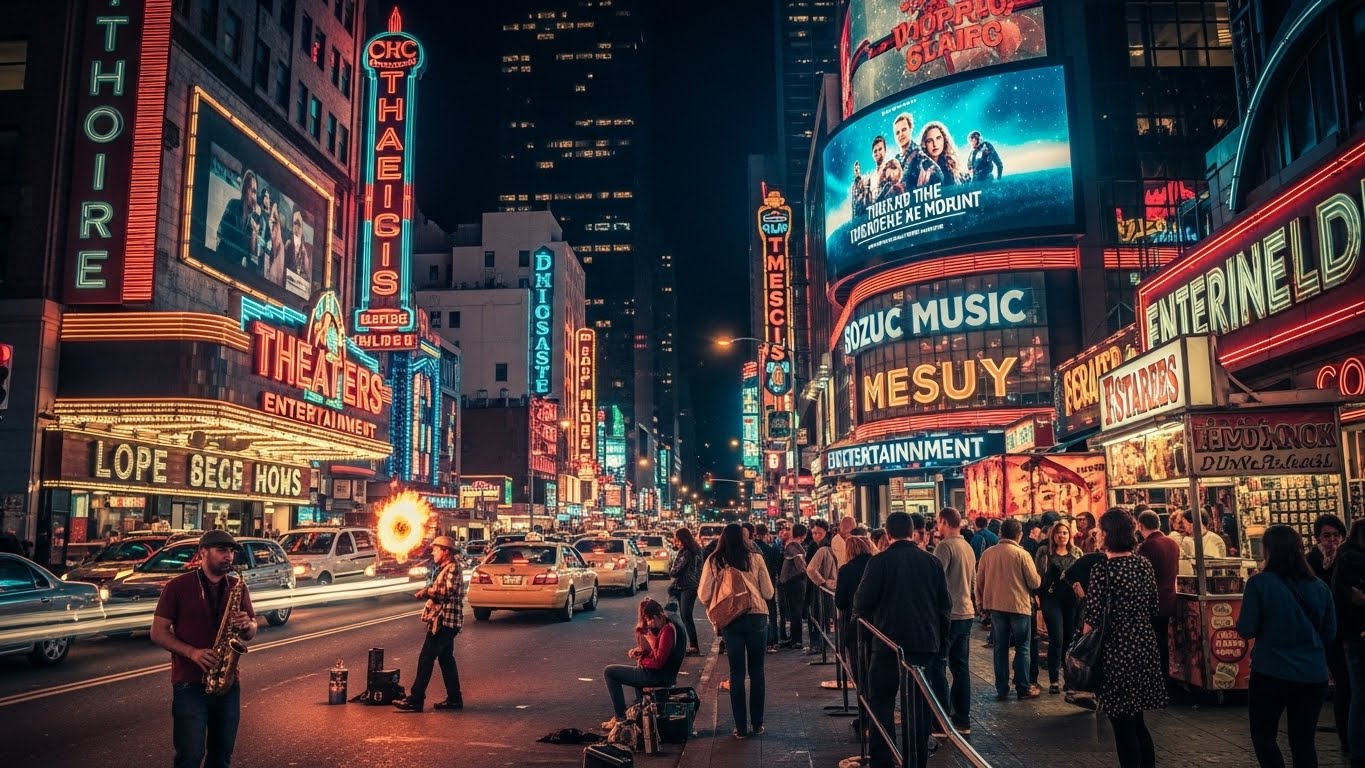In the last two decades, social media has redefined the very concept of fame. Celebrities, once separated from their fans by the walls of PR teams and carefully curated public appearances, now have an unprecedented level of direct access to their audience. Platforms like Instagram, Twitter, TikTok, and YouTube have transformed the dynamics of fame, making it more interactive, personal, and sometimes even controversial. But what has this shift really meant for the world of celebrity culture? Let’s take a deep dive into how social media has changed the way we view, follow, and interact with the stars.
The Rise of the “Self-Made” Celebrity
Before social media, becoming a celebrity was a long, often out-of-reach journey that involved being discovered by agents, impressing casting directors, and getting the stamp of approval from major studios. Social media has obliterated this gatekeeping system, allowing anyone with talent, charisma, or a unique perspective to create a platform and build their own audience. Influencers like Kylie Jenner, who parlayed her social media presence into a beauty empire, or Charli D’Amelio, who skyrocketed to fame on TikTok, are perfect examples of how social media can propel individuals into superstardom without the need for traditional industry validation.
These “self-made” celebrities have dramatically shifted the power dynamic in the entertainment industry. No longer do stars rely solely on big studios or record labels to propel their careers. Instead, they can grow and shape their fame through platforms that give them direct access to millions of followers. This has opened up the door for a diverse range of voices and personalities to become famous, democratizing the path to celebrity status.
The Demystification of Fame: Celebrities as “Real” People
Before social media, fans experienced a sense of separation from their idols. Celebrities lived in a world of luxury and exclusivity, and their lives were often obscured by the controlled images presented by publicists. Fans could only catch glimpses of their favorite stars through tabloids or staged interviews. Social media has completely flipped that dynamic, making celebrities feel more accessible than ever.
Platforms like Instagram and Twitter allow celebrities to share personal moments with their followers, from behind-the-scenes glimpses of their work to their day-to-day lives, family moments, and even their struggles. Celebrities no longer have to maintain a polished, unattainable image—they can show their authentic selves, warts and all. This shift has humanized many celebrities, allowing them to connect with their fans on a much more personal level.
While this newfound intimacy can be refreshing, it also has its downsides. With constant access to their lives, fans expect more than ever before, putting immense pressure on celebrities to maintain a certain level of transparency. This “realness” can sometimes feel forced or, conversely, can backfire if celebrities struggle to balance their public and private lives.
Instant Feedback: The Double-Edged Sword of Social Media
The interaction between celebrities and their audience has become more immediate than ever. With just a tweet or an Instagram post, a celebrity can instantly connect with their fans, offer their opinion, or even address controversies. But with that immediacy comes the risk of backlash.
Social media has given rise to a culture of “canceling” celebrities, where fans and critics alike can collectively decide when a star has crossed a line. In real time, celebrities are held accountable for their actions, with little space to apologize or make amends without facing further scrutiny. In this sense, social media has added an extra layer of complexity to celebrity culture, as the pressure to be perfect or politically correct can be overwhelming.
On the flip side, social media also allows celebrities to control their narrative in ways they never could before. If they feel misrepresented in the media or receive negative press, they can use their platform to share their side of the story directly with their fans. This has led to a new era of celebrity public relations, where stars are more in control of their image but also more exposed to public criticism.
Celebrity Endorsements and the Rise of Brand Partnerships
Social media has also revolutionized the way celebrities monetize their fame. No longer limited to movie roles, music contracts, or traditional endorsement deals, stars now promote everything from beauty products to workout gear directly on their platforms. Influencer marketing, in which celebrities use their personal accounts to endorse products, has become a massive industry, with stars cashing in on their online influence.
The impact of this shift cannot be overstated. Celebrities now have the ability to make money without leaving their homes, all while engaging directly with their fanbase. The influencer economy has created a new breed of celebrity, where the personal brand becomes just as important—if not more so—than the projects they are actually involved in. Platforms like Instagram and TikTok have given rise to a new generation of “micro-celebrities” who might not have the worldwide fame of a traditional A-lister but can still generate impressive income from brand collaborations.
The Rise of Reality Star Fame
Another major shift in celebrity culture is the rise of reality television stars. Prior to social media, the fame garnered by reality TV personalities was fleeting, and their success often had limited staying power. But social media has allowed these reality stars to extend their 15 minutes of fame into long-lasting careers. From the Kardashians to the stars of Love Island or The Bachelor, many reality TV figures have used platforms like Instagram and Twitter to maintain relevance, promote products, and even become entrepreneurs.
In particular, reality stars like Kim Kardashian West have leveraged their social media presence to build entire empires. What once started as a reality show appearance turned into a billion-dollar brand thanks to savvy social media marketing and a loyal fanbase that feels intimately connected to their every move. Social media has allowed these stars to transform their initial fame into full-fledged businesses, creating a new model for how celebrities can sustain their careers long after their television appearances end.
The Power of Fan Engagement and Fan-Controlled Fame
One of the most exciting aspects of social media’s impact on celebrity culture is the increased power fans now have over their idols. Celebrities are more accountable to their followers than ever before, and fans have found new ways to shape the direction of a celebrity’s career or public persona.
Fans now actively participate in the creation of viral moments, share their opinions on what a celebrity should do next, and even directly communicate with the stars. This level of engagement has led to a more participatory form of fame, where the boundary between the famous and the fan is more porous. Hashtags, fan clubs, and viral challenges are all ways that fans can directly influence the celebrity landscape.
This fan power has led to the rise of “fan campaigns” that demand changes in a celebrity’s career, from supporting a new project to calling for an apology or even calling out perceived injustices. The influence of social media makes fans feel as if they are directly responsible for the trajectory of a celebrity’s career, and many stars acknowledge this by engaging with their followers more than ever before.
The Dark Side: Privacy and Mental Health Challenges
While social media has certainly created more opportunities for celebrities, it has also led to significant challenges, especially when it comes to privacy and mental health. The 24/7 nature of social media means that celebrities are often under constant scrutiny, and the pressure to maintain a flawless image can be overwhelming.
The rise of online harassment, cyberbullying, and constant criticism has taken a toll on many stars. Mental health issues, such as anxiety and depression, have become increasingly common among celebrities who feel the weight of their public persona and the unrelenting gaze of their audience. The pressure to constantly engage, stay relevant, and meet fan expectations can be emotionally taxing, leading many celebrities to step away from social media or take extended breaks to protect their well-being.
The Future of Celebrity Culture in the Social Media Age
As social media continues to evolve, so too will celebrity culture. New platforms will likely emerge, new stars will rise, and the lines between celebrity and influencer will continue to blur. What’s clear is that the power dynamics have shifted significantly. Celebrities are no longer just icons to be admired from a distance; they are now brands, influencers, and active participants in the ongoing conversation with their audience.
Ultimately, social media has made celebrity culture more inclusive, more interactive, and more vulnerable than ever before. While the rapid changes can be overwhelming, they have undeniably created a new world of fame—one where access is immediate, engagement is constant, and everyone has a voice in shaping the future of celebrity.



